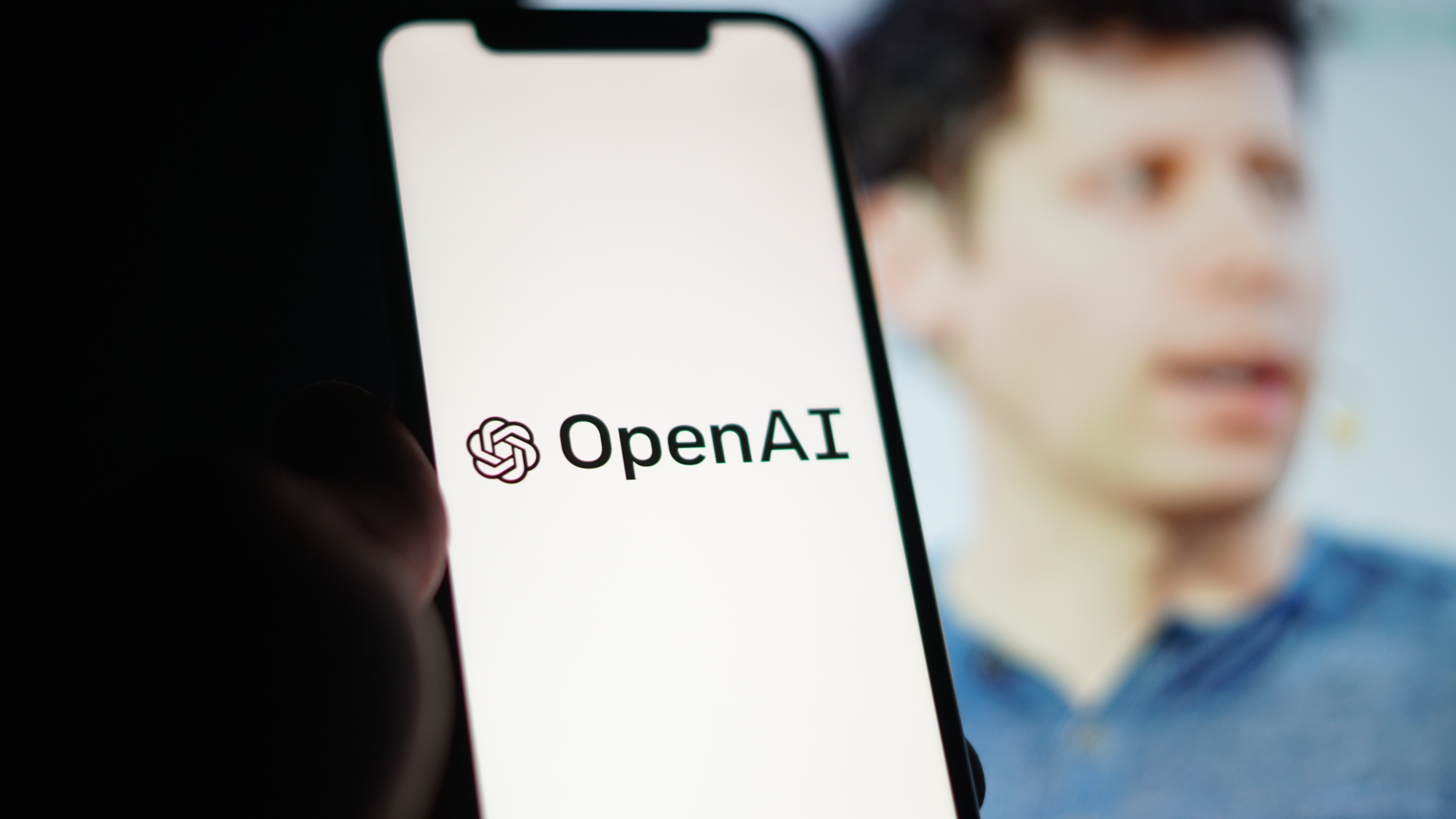Microsoft says ‘once AGI is declared by OpenAI’ it will be verified by independent experts – here’s why that’s a big deal
AGI skepticism is now contractual

- Microsoft and OpenAI have a new agreement requiring OpenAI to obtain independent verification for achieving artificial general intelligence (AGI)
- The updated partnership gives Microsoft extended IP rights through 2032 and ensures it won’t lose access to OpenAI’s models once AGI is reached
- OpenAI’s new public benefit structure and ongoing Microsoft deal allow both companies to pursue AGI independently
In a change that draws a line under an era of AI development, Microsoft and OpenAI have signed a new agreement revamping their partnership and setting a new rule for what would be the most consequential moment in artificial intelligence.
The new deal states that if OpenAI claims to have achieved artificial general intelligence (AGI), outside experts will now have to sign off. The company can't just declare it unilaterally.
The AGI arrangement is arguably one of the most important updates to the sprawling contract formalized this week alongside OpenAI’s long-awaited corporate restructuring as a for-profit company.
The joint announcement simply states that, “Once AGI is declared by OpenAI, that declaration will now be verified by an independent expert panel.” If OpenAI says it has an AI smart enough to rival humans, Microsoft won't just take their word for it.
But the move is about more than just caution. Until now, the so-called 'AGI clause' in Microsoft’s original investment deal was a rather vague trigger pullable by OpenAI alone. It said that if OpenAI claimed it had achieved AGI, Microsoft could potentially lose access to future models or intellectual property rights.
The idea that OpenAI had such control over Microsoft's AI future and could do so all but arbitrarily was uncomfortable for Microsoft. Not being keen on being locked out the moment AI reached new heights, the company renegotiated so that OpenAI now agrees that, while it still makes the initial call about AGI, it requires approval from experts before making it official.
All-out for AGI
Even after independent verification, Microsoft doesn’t lose access to OpenAI technology. Microsoft's IP rights for both models and products now extend through 2032, including post-AGI models, with some limitations and exceptions.
Sign up for breaking news, reviews, opinion, top tech deals, and more.
The new agreement might seem remote from a consumer perspective, but it actually should be reassuring. It suggests that even as OpenAI’s models get stronger, there will be at least some outside checks on it and its capabilities, even if not the regulatory oversight many hope for.
Still, that means fewer surprises, more transparency, and hopefully less confusion about whether you’re using a superintelligence or just a very helpful autocomplete engine with good manners.
The deal also helps cement the definition of AGI. Instead of just a vague buzzword, it's a formal, technical milestone. AGI must prove it has built something that can think across domains, learn independently, and reason like a human or better, not just make an empty boast.
Of course, there are still plenty of open questions about who will be on the panel, who will choose it, and how they will make their decision. One can only hope the very existence of this panel marks a phase in AI development where there's some double-checking by outsiders and not just enthusiasm in-house.
For Microsoft, the contractual right to pursue AGI independently, or with other partners, is very helpful as more players enter the AGI race. And OpenAI can now explore open-weight models and third-party collaborations on non-API products. The divergence makes clarity about who holds what rights is more essential than ever.
This restructuring probably won’t change how you interact with ChatGPT today. But it might change how you trust it tomorrow. When someone at OpenAI officially says, “This AI is as smart as a human,” you’ll know there's some review backing up the boast. It's not quite real accountability, but much like AGI itself, it will hopefully mimic the real thing enough not to matter.
Follow TechRadar on Google News and add us as a preferred source to get our expert news, reviews, and opinion in your feeds. Make sure to click the Follow button!
And of course you can also follow TechRadar on TikTok for news, reviews, unboxings in video form, and get regular updates from us on WhatsApp too.
You might also like

Eric Hal Schwartz is a freelance writer for TechRadar with more than 15 years of experience covering the intersection of the world and technology. For the last five years, he served as head writer for Voicebot.ai and was on the leading edge of reporting on generative AI and large language models. He's since become an expert on the products of generative AI models, such as OpenAI’s ChatGPT, Anthropic’s Claude, Google Gemini, and every other synthetic media tool. His experience runs the gamut of media, including print, digital, broadcast, and live events. Now, he's continuing to tell the stories people want and need to hear about the rapidly evolving AI space and its impact on their lives. Eric is based in New York City.
You must confirm your public display name before commenting
Please logout and then login again, you will then be prompted to enter your display name.